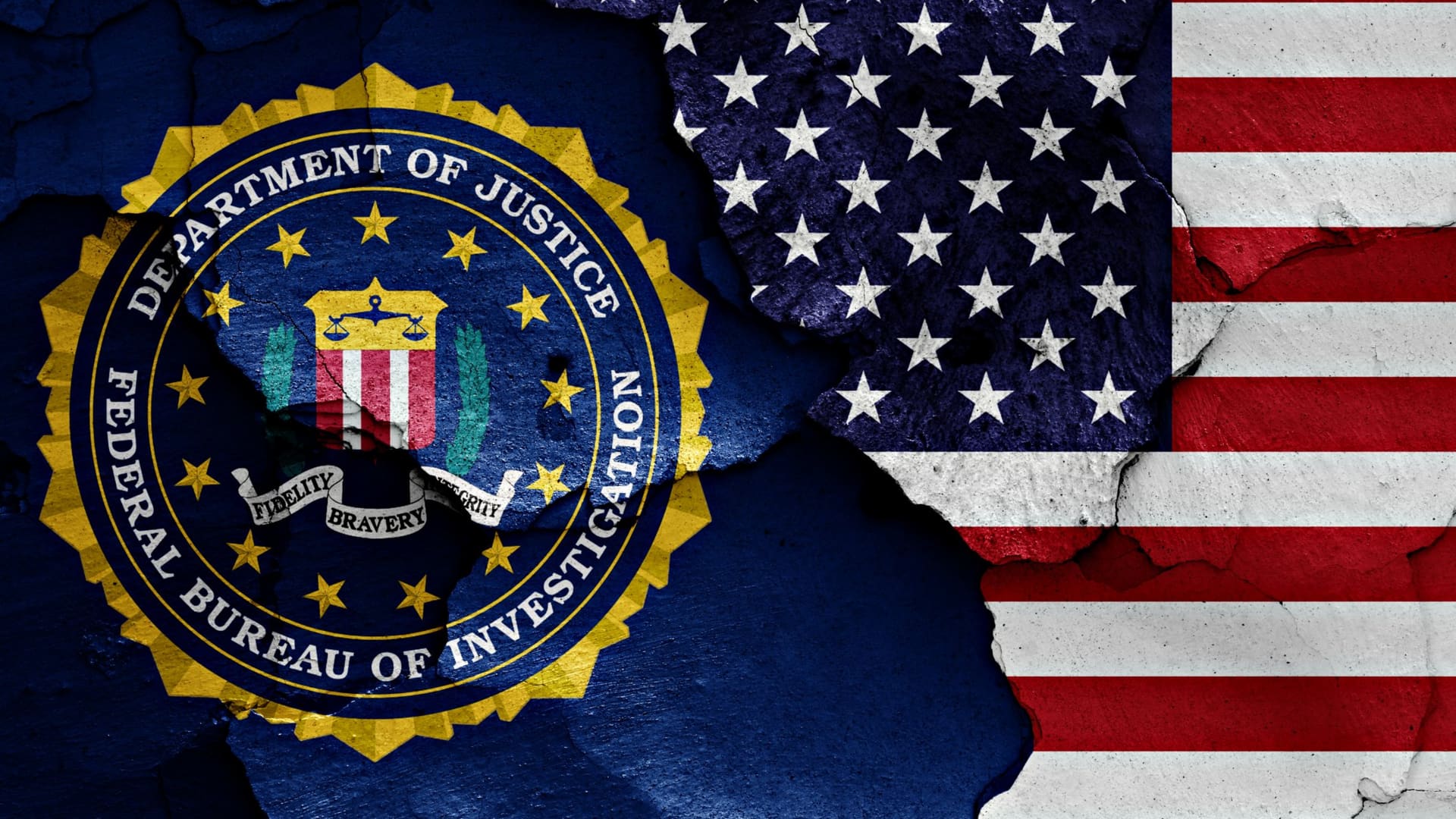
FBI using push notifications to track criminals: Here's how
What's the story
The Federal Bureau of Investigation (FBI) is employing push notifications to track down suspects involved in serious crimes like child abuse, kidnapping, terrorism, and murder.
According to The Washington Post, the agency has filed over 130 search warrants for push notification data across 14 states.
While this method has proven valuable for law enforcement, it has also sparked concerns among privacy advocates.
So, how exactly is all this happening?
Mechanism involved
How push notifications are used in investigations
Push notifications contain metadata that can reveal how mobile apps are used on a specific phone.
When a user signs up for an app, a "push token" is created and stored on company servers.
This token can later be used to identify the person using the app based on the device's information.
Tech giants like Google, Apple, and Facebook are asked by the FBI to provide data related to suspects' mobile notifications.
Scenario
Notable case involving push notification tracking
In one case, the FBI used a push token from TeleGuard, an encrypted messaging app, to identify and arrest a man in Toledo, Ohio, who was charged with sexually exploiting minors and distributing child pornography.
Google traced the push token back to the suspect's phone, demonstrating the effectiveness of push notification tracking in catching criminals involved in heinous crimes.
Apprehensions
Privacy concerns surrounding push notification tracking
Privacy advocates worry that this type of mobile data could be misused.
Cooper Quintin from the Electronic Frontier Foundation said, "This is how any new surveillance method starts out. The government says we're only going to use this in the most extreme cases... But these things always end up rolling downhill."
There are fears that this data could be used to track individuals who haven't committed serious crimes, like political activists or women seeking abortions in states with restricted access.
Facts
Balancing privacy and security in the digital age
The FBI's use of push notifications comes as tech companies face growing pressure to address child safety issues on their platforms.
Meta Platforms Inc., the parent company of Instagram and Facebook, has reportedly struggled to control a network of pedophile accounts.
This new surveillance method adds to the ongoing debate about balancing privacy and security in the digital age, as lawmakers criticize the tech industry for its inability to effectively police itself.